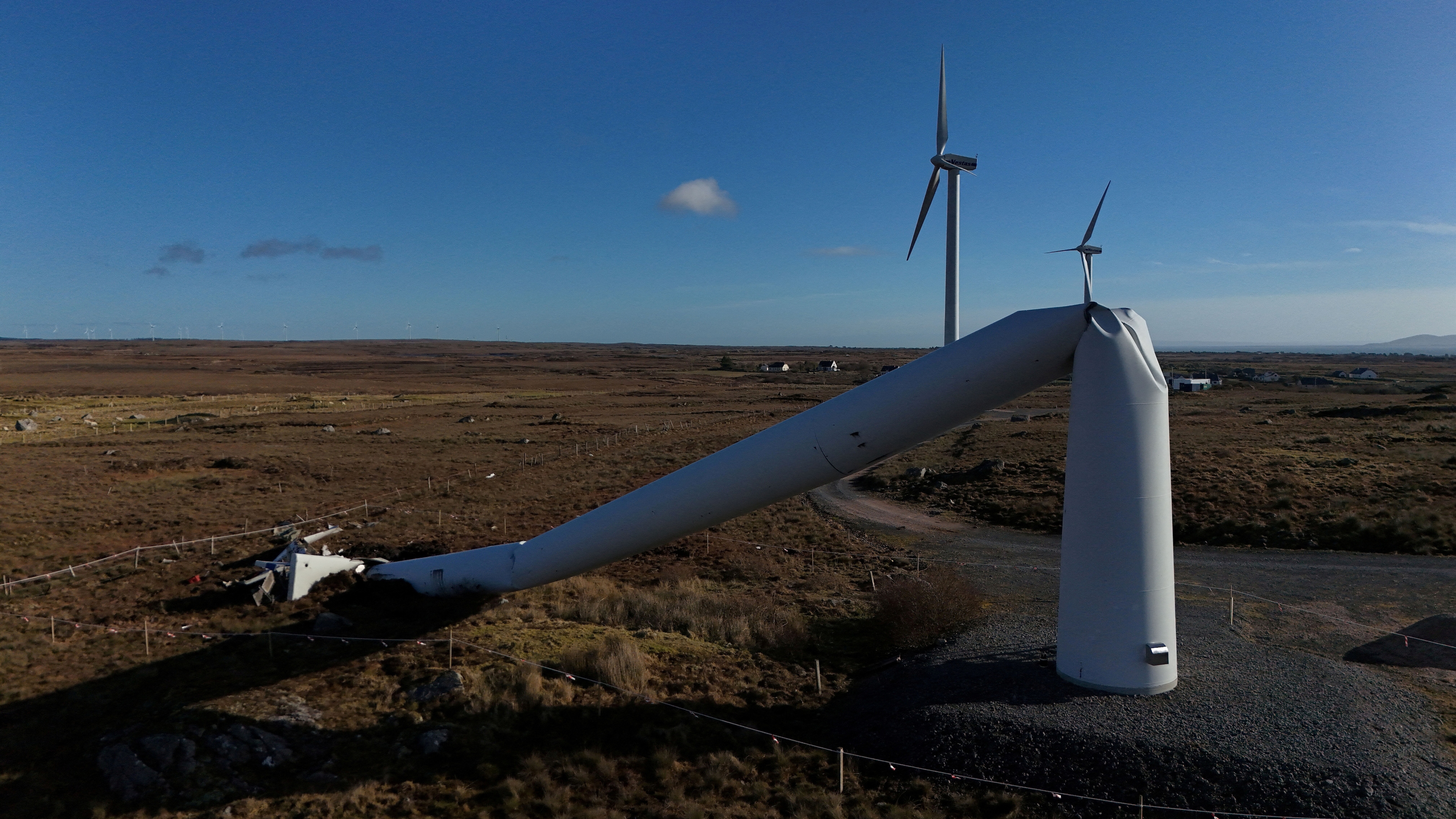Billionaires aren't as wealthy as they were. Here's why

After two decades of outperforming global stock markets, billionaires’ fortunes are dwindling
Image: REUTERS/Laszlo Balogh
Stay up to date:
Financial and Monetary Systems
They still have almost unimaginably deep pockets, but they aren’t quite as deep as they used to be. The year 2016 has been a tough one on the world’s billionaires, the ultra-high net worth individuals at the top of the income tree.
It’s all relative, of course. The average wealth of the world's wealthiest has certainly fallen, but with the drop from $4 billion to $3.7 billion per person, they still share $5.4 trillion between them. This was never going to be a sob story – rather it's an insight into the state of the global economy and an indication that significant change could be underway.
Going down
After two decades of outperforming global stock markets, billionaires’ fortunes failed to match them in 2015, according to the Billionaires Insights report by UBS and PricewaterhouseCoopers. Their average wealth fell 5% against the MSCI World Index of international stock markets, which was down just 0.3%.

Billionaires in the materials sector experienced the greatest fall in wealth, down 17%. Slumping metal and hydrocarbon prices hit the fortunes of mining and energy magnates worldwide. In just one year, the sector’s average wealth fell by almost a fifth.
Wealth in other sectors also fell, although by a smaller percentage. Billionaires in the industrial sector saw their wealth drop 12% and those in consumer and retail, the wealthiest sector, by 8%.
Going up
One number is in the ascendant, however, and that's the overall number of billionaires. In 2015, the report found, 210 fortunes broke through the billion-dollar ceiling, increasing the billionaire population in the US, Europe and Asia Pacific to 1,397.

Perhaps not surprisingly, Asia is home to most of these new billionaires. Led by China, the region is creating one billionaire every three days.
Why it matters
So, what's causing this fall in billionaire wealth? One factor may be the passing of fortunes to the next generation, according to the Billionaires Insights report.
Most billionaires have made their money in the past 20 years, and now they are ageing. It is predicted that 460 of them will pass $2.1 trillion to the next generation over the coming 20 years.
And while that may dilute fortunes, it is also expected to boost the amount of money given to good causes, say the report's authors. “As great wealth trickles down the generations, its goals will change. We are already seeing the early stages of what we expect to be an upsurge in philanthropy," they write.
Don't miss any update on this topic
Create a free account and access your personalized content collection with our latest publications and analyses.
License and Republishing
World Economic Forum articles may be republished in accordance with the Creative Commons Attribution-NonCommercial-NoDerivatives 4.0 International Public License, and in accordance with our Terms of Use.
The views expressed in this article are those of the author alone and not the World Economic Forum.
Related topics:
Forum Stories newsletter
Bringing you weekly curated insights and analysis on the global issues that matter.
More on Economic GrowthSee all
Elizabeth Henderson and Daniel Murphy
August 8, 2025
Li Dongsheng
July 31, 2025
Charlotte Edmond
July 30, 2025
Naoko Tochibayashi
July 30, 2025
Matt Watters
July 29, 2025
David Elliott
July 28, 2025





